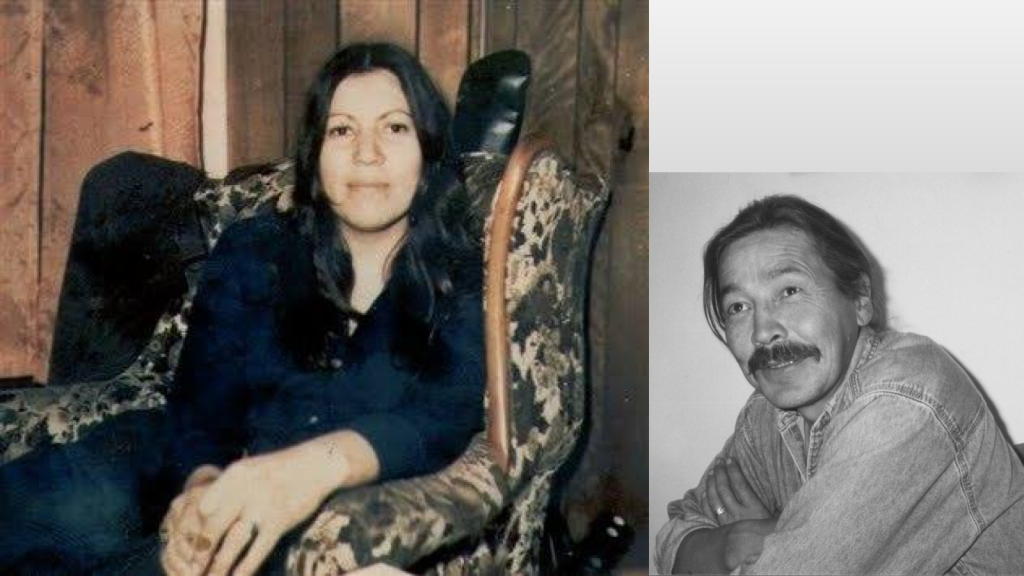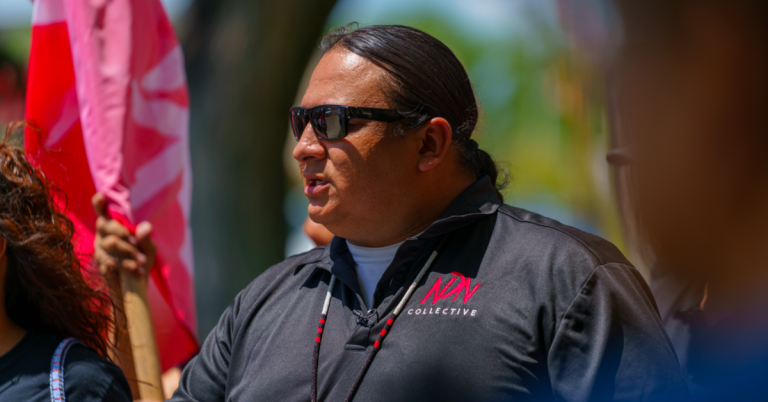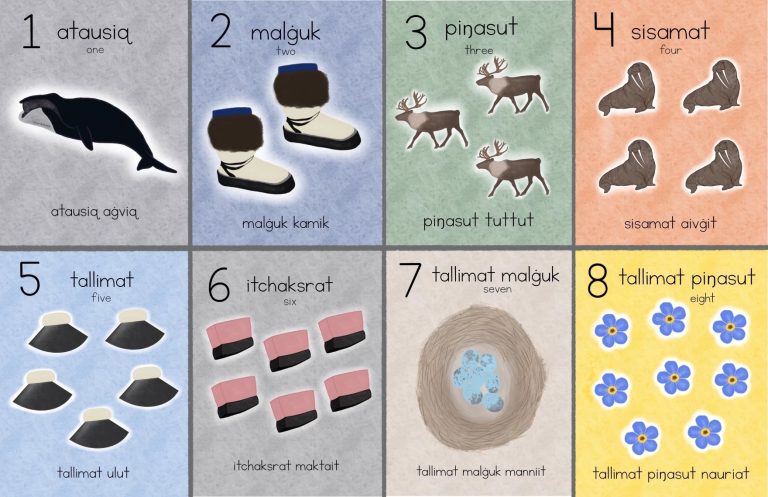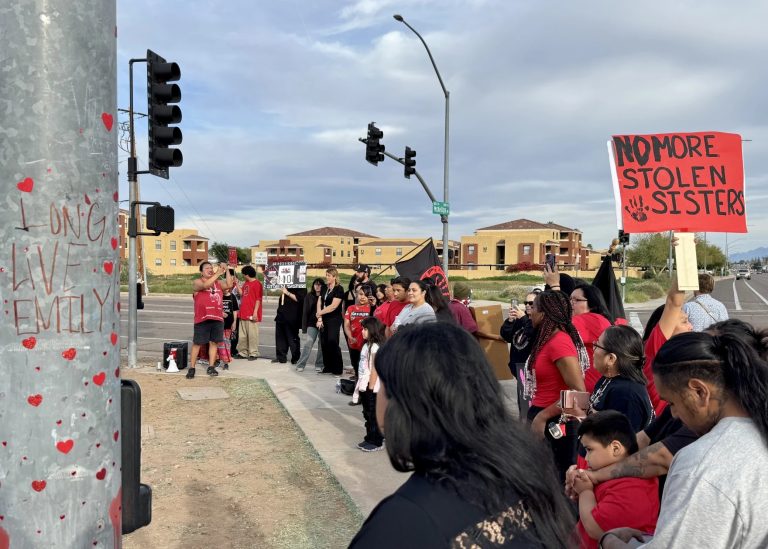Podcast: Play in new window | Download | Embed
In what the South Dakota Attorney General calls the end of a three-decade legal saga, courts have upheld the extradition of John Graham.
Graham was convicted of the 1975 murder of Annie Mae Aquash.
South Dakota Public Broadcasting’s C.J. Keene has more.
Annie Mae Aquash was an American Indian Movement activist whose long-unsolved kidnapping, rape, and murder shocked South Dakota and the nation in the mid-1970’s.
Her body was discovered in a rural area near Wanblee with a gunshot wound which traveled up from the hairline through the head.
State Attorney General Marty Jackley describes the crime as an execution and says he’s confident in the result of the trial.
As a former United States attorney for South Dakota, Jackley has long been involved in the case.
“Ultimately, Graham took issue with the Canadian extradition and today (Monday), the Canadian Ministry of Justice has affirmed and reconsented to the extradition. John Graham will remain convicted of the execution of Annie Mae Aquash and will continue to serve his life imprisonment without the possibility of parole.”
Graham, a Canadian national, was arrested for the murder in 2003. He is now 70 years old.
Jackley says he believes the Aquash family has received justice.
“Her two daughters have gone through the tremendous loss of their mother, through lengthy federal proceedings in federal, state, and now Canadian court. I’m happy for them, I feel justice has been served.”
Jackley says he believes this bookends the legal saga.
“I feel realistically this is the end of the road. This is the Canadian Ministry of Justice. This is the appellate stage. So, absent a governor’s pardon, I feel John Graham is where he needs to be.”
Prior appeals from Graham’s team have gone to the state Supreme Court, federal courts, and now through the Canadian extradition process.
Graham will remain in South Dakota state custody.
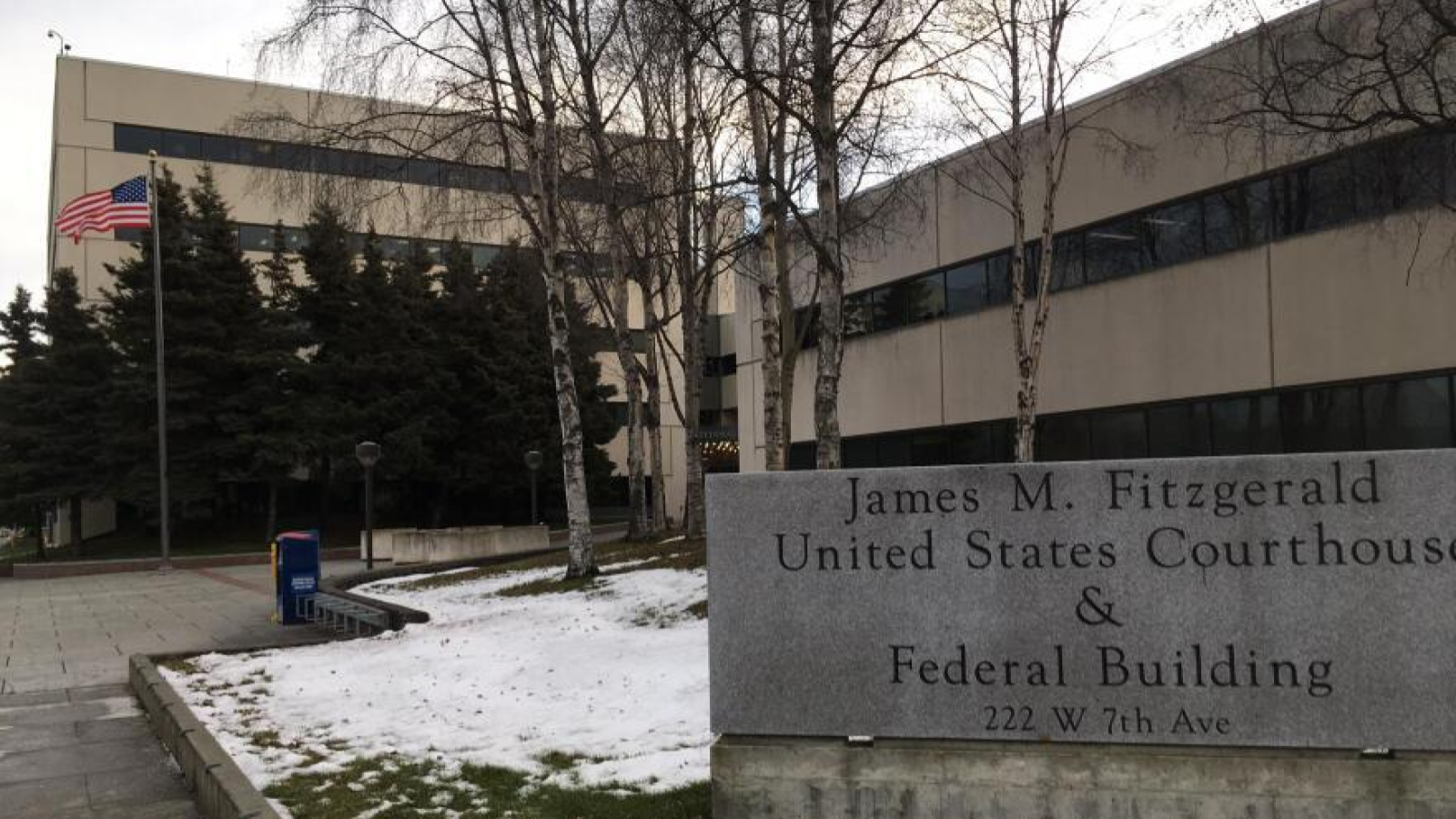 A federal trial began Monday in Anchorage for a class-action lawsuit against the Alaska Office of Children’s Services (OCS).
A federal trial began Monday in Anchorage for a class-action lawsuit against the Alaska Office of Children’s Services (OCS).
Alaska Public Media’s Rachel Cassandra reports.
The lawsuit is on behalf of all children in OCS custody, which includes Alaska Natives and American Indians.
Marcia Lowry is an attorney and director of a national nonprofit advocating for foster care reforms. She says they’re helping with this lawsuit because Alaska’s foster system has some of the worst outcomes in the country.
“They have a very, very high maltreatment rate. They do not have the kids visited every month. That’s a federal requirement children have to be visited, because how else can you know whether a child is safe when you put a child in a foster home?”
The complaint alleges OCS caseworkers have too many cases to be able to adequately serve families. It also alleges that the agency has failed to place Alaska Native foster children in culturally appropriate placements, violating the Indian Child Welfare Act.
OCS director Kim Guay also took the stand. She said all OCS employees are working to make positive changes in the system and that the agency has taken steps to increase recruitment and improve training.
Guay repeatedly said that OCS is only one piece of the child welfare system.
Margaret Paton-Walsh is Assistant Attorney General for the state and defending OCS in the trial. She says running the foster care system in Alaska is challenging.
“It’s especially hard in Alaska because of the size and the remoteness of so many of the communities, and we are doing the best that we can to manage the challenges that we have. And there are definitely challenges. Nobody is denying that. And I think critically in this context, we have a very, very severe caseworker shortage.”
The trial is expected to take three weeks.
Get National Native News delivered to your inbox daily. Sign up for our daily newsletter today.
